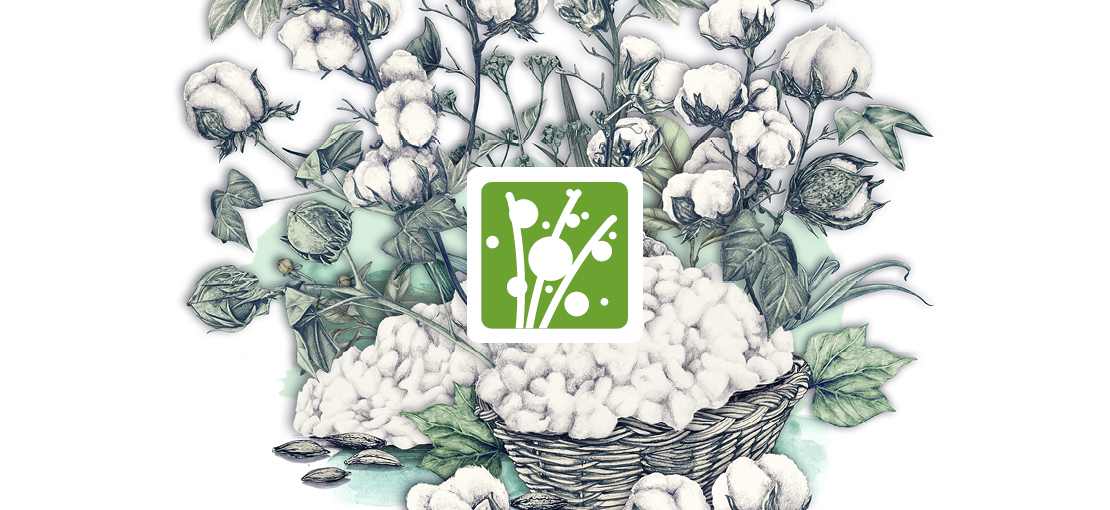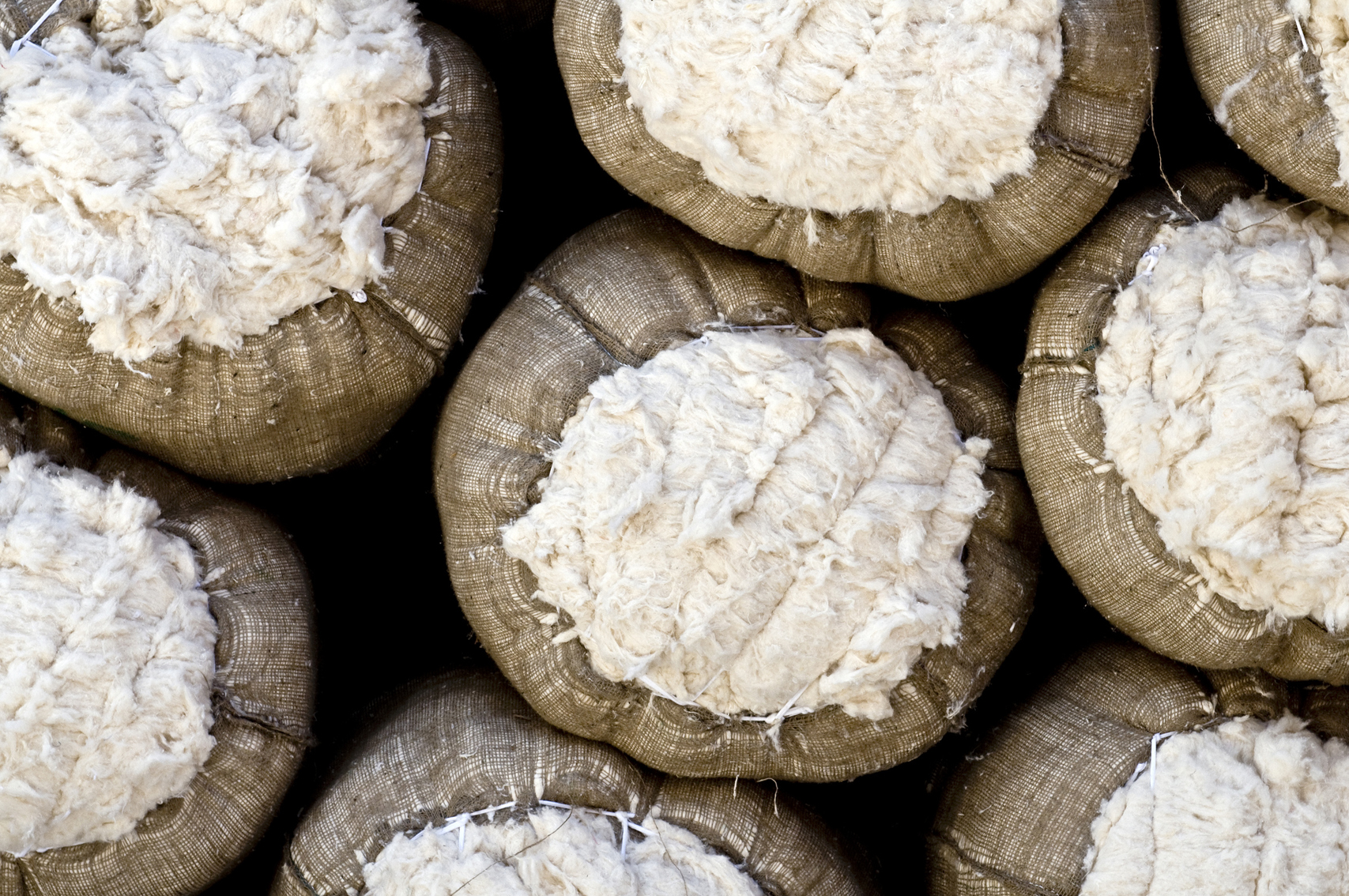
Organic cotton. Better for you. Better for the planet.
Certified GOTS cotton
In your VAUDE cotton products we use certified organic cotton that is manufactured under strict environmental conditions – without the use of chemical fertilizers or pesticides and requiring less water than conventional cultivation methods. Genetic engineering is also banned. After all, we want you to feel great with our products.
VAUDE itself is now GOTS certified
GOTS stands for Global Organic Textile Standard. We have been processing GOTS certified organic cotton for years. Since 2016 we have also been certified according to the GOTS standard and, in theory, our cotton products can bear the GOTS seal.
The cotton fabrics come from GOTS certified material manufacturers in Portugal. The cotton itself is grown in various countries around the world under GOTS-certified conditions. Our producer, who sews VAUDE clothing in Portugal, is not yet GOTS certified. That is why we have not labeled our products with the GOTS seal.
We agree with the high requirements for this standard and are working toward having our entire supply chain certified.
Nearly 100% organic cotton
We only use conventional cotton in absolutely exceptional cases. For example, we use a blend of Primaloft, organic cotton and conventional cotton in our jeans. Our fabric supplier has not yet been able to convert to 100 % organic cotton and would have to achieve significantly higher production volumes before it could do so.
However, because this fabric is highly innovative and offers excellent functionality, we decided to use conventional cotton in rare cases like this. We are working to develop a version of this yarn that is completely organic.
The second exception: our caps.
No pesticides, no gene manipulation, no chemical fertilizers
Conventional cotton is a rather toxic affair – including for the farmers who make it and the residents of cotton plantations who are exposed to these chemical substances.

According to research by the Pesticide Action Network PAN, about 25 % of all insecticides and 11 % of all pesticides used worldwide are used in conventional cotton production, even though cotton accounts for only 2.4 % of the total global agricultural area.
Organic cotton, on the other hand, is cultivated following strict environmental guidelines. The use of pesticides and chemical fertilizers is prohibited. Also taboo: genetic engineering of the seed supply. Cultivating organic cotton uses significantly less water than conventional cotton cultivation and maintains natural soil fertility by means of crop rotation.
Organic cotton farmers are mostly organized into cooperatives.
They are able to set a higher price for their organic cotton which makes them more independent from raw material speculators on the world market.
Protecting biodiversity
By purchasing organic cotton, VAUDE contributes to the sustainable development of smaller farms and, as an additional benefit, to the retention of species diversity in the cultivated areas.
VAUDE apparel that is made of at least 90 % organic cotton bears the VAUDE Green Shape quality label. The other 10 % includes other fibers such as elasthane, which makes the product easy-care and increases its lifespan.
Farmers ensure the eco-friendly production of raw resources
Cotton is often grown on large fields. When it is mature, it is usually harvested mechanically; on small farms this is also sometimes done by hand. It is tedious, hard work.
The cotton is packed in rolls and delivered to the spinning mill. Once there, it must be prepared before being spun: the fibers must be cleaned of seeds and leaves. This process is called ginning.
The plant’s individual tufts are linked by the stem. They must be stretched in one direction before spinning at which time they are grouped into fiber ribbons that are then spun into yarns.
| GRI: | 301-1 |




